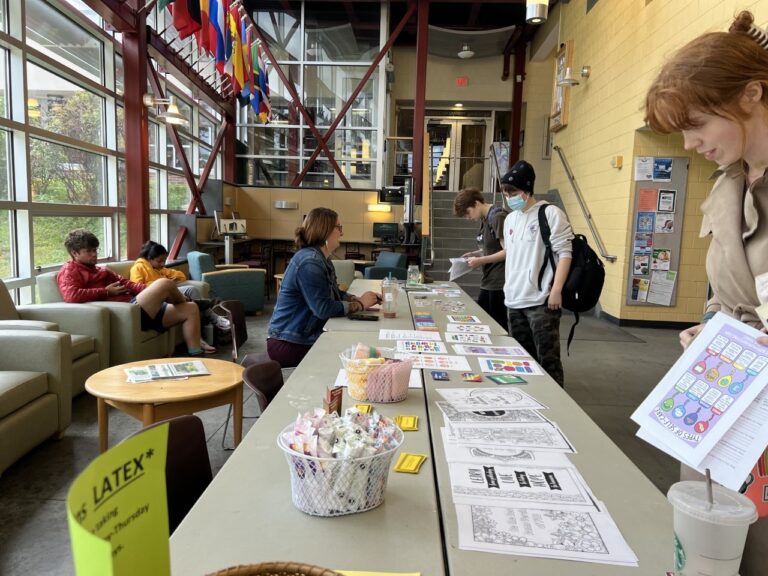COVID impacts a generation

The whole world was in shock at the start of the COVID-19 pandemic. It impacted
everyone’s lives greatly — with each individual having a different experience.
Keveon Buckingham, a 20-year-old who lives in Stockton, California, said he had great troubles during the past few years.
Before graduating from high school in 2021, he said his education was difficult due to a lack of technology.
“The school sent us on our annual spring break, but we never came back,” Buckingham said.
This, according to Buckingham, was due to a shortage of faculty and staff. Instructors had to teach remotely via Zoom. Buckingham said this was difficult because he had no access to internet at the time. The school had to provide an internet package for his household.
Buckingham came down with the Delta variant in January, which he said was “brutal”.
“I was in pain. My back was sore and I could barely walk,” he said.
Steven Gorbett, a 22-year-old from West Fargo, North Dakota, experienced more positive impacts from the pandemic.
Gorbett said he wanted to get out of the house and do something when the pandemic hit. That’s exactly how he landed a job at the Target Warehouse in Dallas, Texas.
“My parents really helped me get back on my feet and (working) again — and I couldn’t be more thankful,” Gorbett said.
With the COVID pay issued and the nearly 60-hour work weeks he put in at Target, he was able to trade in his 2015 Ford F150 for a 2018 Ram 1500 and paid the difference out of pocket.
But he did face troubles like everyone else.
Gorbett had booked a trip to New York City in Nov. 2021, but found out that he had to be vaccinated to enter most restaurants and stores. Gorbett said this was news to him, due to the inconsistency of vaccine enforcement in Dallas.
Thomas Muniz, 21, of Charlotte, North Carolina, said he had a stressful time during the pandemic. Muniz was working before the pandemic, supporting the income of his
family, his wife Sarah and their daughter. He was laid off after the local car repair shop he worked at was deemed nonessential.
His family had to cut back and Muniz said he had to make a decision to benefit his family.
The Muniz’s lived in Rock Hill, South Carolina, at the time and put their income together to relocate to Charlotte for a job he could not pass up at an Amazon Distribution Warehouse. He said this relieved some stress of raising his family because he was making almost twice as much as he made as a mechanic at the start of the pandemic.
Buckingham has been working toward a degree in engineering and is now attending courses in person.
Gorbett is now working for an oil rig company in North Dakota with numerous benefits helping him and his future.
Muniz has been spending time with his two-year-old daughter and his wife and is planning on moving into a house within the next year.







